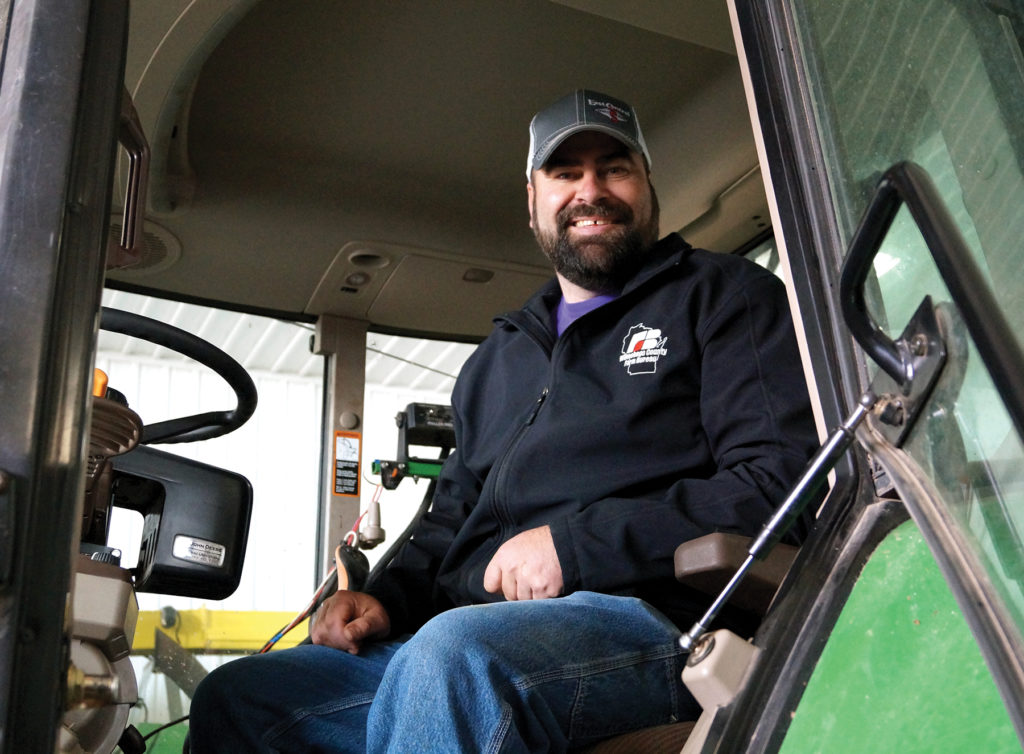 Knigge Family Proves Farmers Are Fond of Innovation
Knigge Family Proves Farmers Are Fond of Innovation
Charlie Knigge was a high school sophomore in 1992 when he bought his first cows. The Knigge family had Guernsey cows prior to that but Charlie knew that for the production changes he wanted, Holsteins would be a better buy.
“I always knew I wanted to farm,” said Charlie from his farm office in Omro. Behind him sits computer screens full of blinking lights. “My family was considering a milking parlor and expanding our herd. At the same time, my dad had learned about a robotic milking system while overseas on a farm tour.”
Pete, Charlie’s dad, brought back information and later that year the family met with representatives from Lely, a company that is a world leader in designing robotic milkers. The representatives answered the Knigges’ questions about the technology.
“We knew we were better cow managers than people managers,” Charlie said.
The Knigges were the first farm in the U.S. to install a robotic milking system. Since then, they have been open about the good, and the challenges, that come with this technology.
“The first couple of years weren’t great,” Charlie admitted. “There was a lot to learn since U.S. farms are set up differently than those overseas. It took us time and research to make this system work. It was a learning process and we worked with quite a few people from UW-Madison and Lely to get things figured out.”
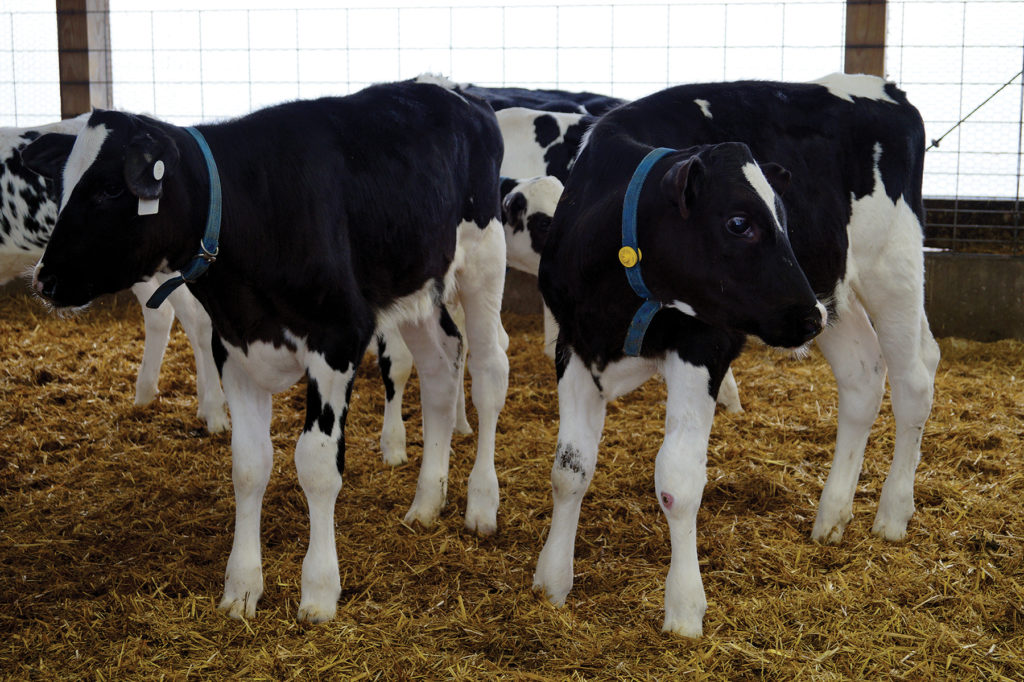
Like most adaption, it takes time to work out the kinks and the unknowns. Charlie estimates it took three to four years to get things running well. It’s now been 17 years since the first system was installed and Charlie has no doubts in the system they chose.
“We are a great example of using technology to farm smarter,” Charlie said. “No, I’m not milking cows every day, twice a day. My dad is pretty crippled up from milking cows. It takes a toll on your body and I don’t want to be that way. Robots have let us farm differently.”
While his parents are still very active on the farm, Charlie runs the day-to-day operations and his sisters, Mary and Krista, come home to get “their feet dirty” when they can.
“The nice thing about the robotics is I don’t have to be here at exactly 5 a.m. every morning,” he said. “It’s really cool that cows can go and get milked when they want.”
His day still typically starts around 5:30 or 6 a.m. with a herd walk-through, report reading and field work when it’s time.
“We rely on the data the computer shares with us, which was a big change initially,” Charlie said. “Every time a cow comes in to be milked it shares 150 points of data with us. That’s a lot of information at your fingertips. We can detect cows that may not be feeling well or ones that need to be bred. It’s amazing what we have access to.”
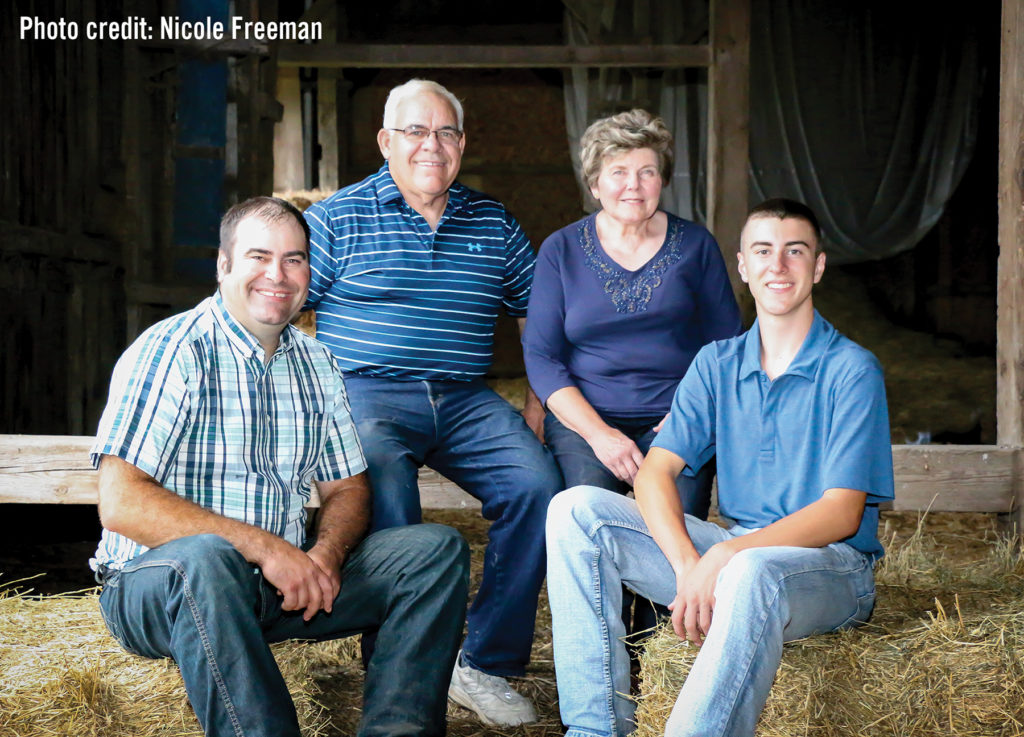
Family Fun and Unique Experiences
Charlie credits Krista for getting the farm listed on various agri-tourism sites.
“My dad enjoys giving tours,” explained Charlie. “We do a lot of farm tours because we want to do our part in educating people about modern agriculture. We get a lot of people who just want to see a farm. The robotics aren’t necessarily the draw.”
The family helps host tours for a world-wide gathering from a nearby church in Oshkosh.
“We reach between 5,000 and 7,000 people that week,” Charlie said. “They’ll come out on a bus and then they bring friends back the next day, so they can show them what they learned. There’s a lot of misconceptions about what happens on a farm and I’m glad we can clear those up. It’s when you see something you can believe it.”
Through these experiences, Charlie has heard his fair share of unique questions.
“A very educated woman asked me once if you fed chocolate to cows to get chocolate milk. I was really floored that such a smart person could have that kind of question, but it just proves we can’t let people think any question is silly. They need answers.”
Krista and Mary help with the farm’s social media presence while Charlie, who knows the stress of change and the ins and outs of the Lely robotic milking system, helps other farmers get up and running with new equipment.
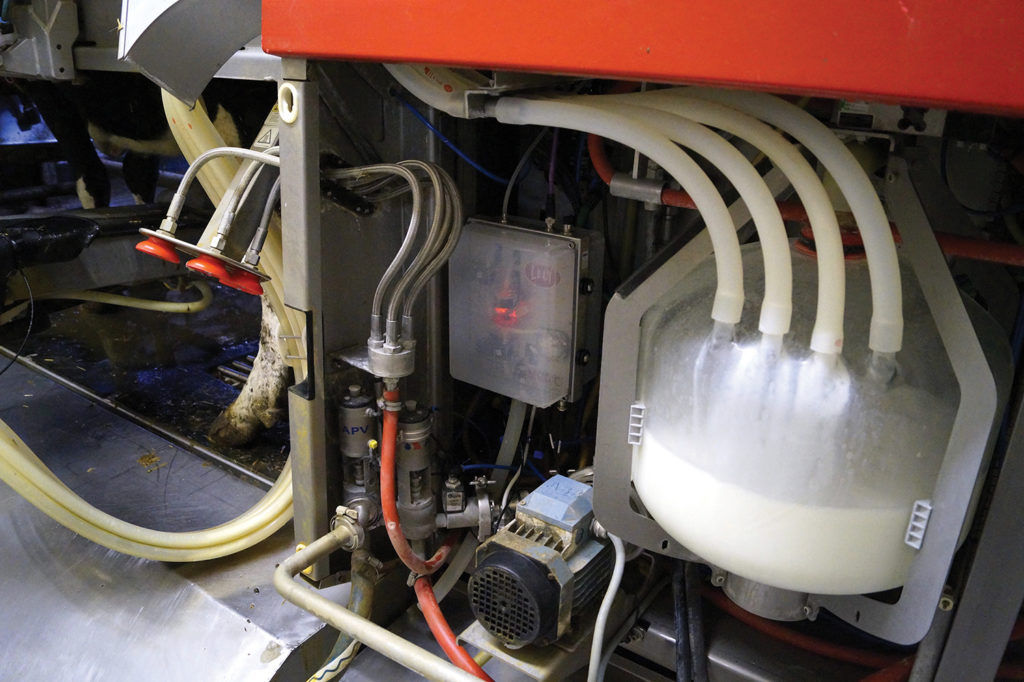
“Robotics are helping small dairies stay in business,” he said. “I’ve seen families still farming because of it. Young people are taking an interest because it’s high tech. It’s makes them excited about farming again.”
While Charlie has a son in high school, you won’t hear any pressure toward following in his dad’s footsteps.
“He helps out on the farm and likes cows, but school, sports and 4-H keep him busy like most kids his age,” Charlie said. “If he is interested, it will be here, but I won’t be pressuring him. You need to find a job that doesn’t feel like a job and he needs to figure it out for himself.”
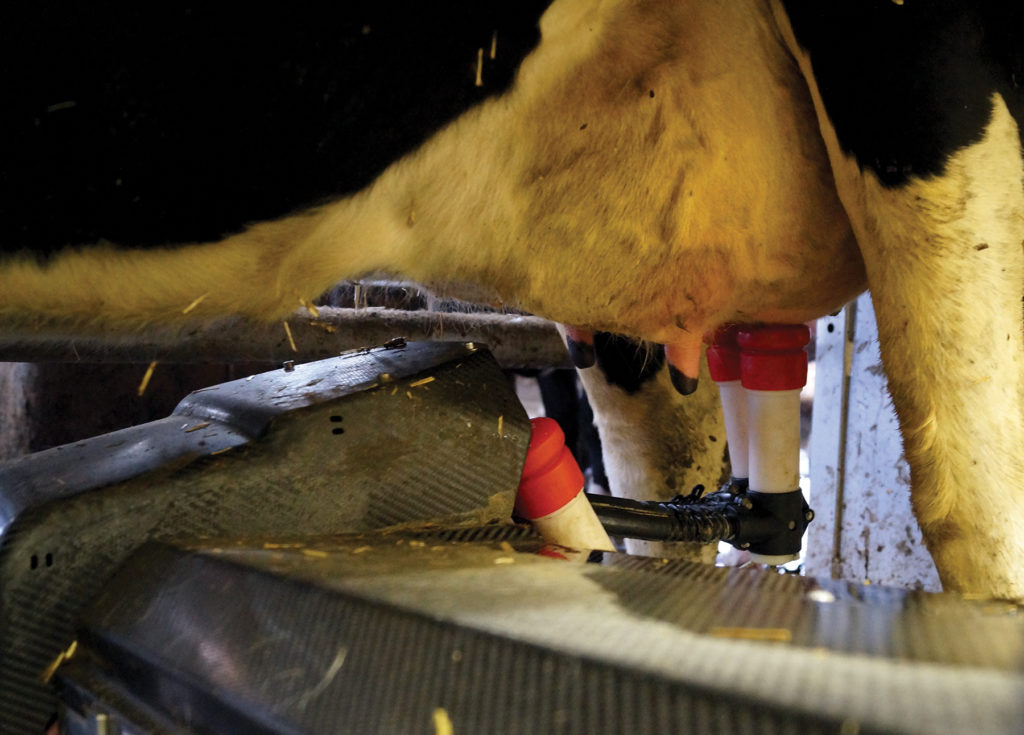
As far as his career choice, Charlie knows he chose the right path.
“I couldn’t ask for anything better,” he said. “Seeing something through is fulfilling. You must be an optimist but that’s part of it.”
A Fan of Farm Bureau
“I joined Farm Bureau kind of late,” Charlie said. “I was 34 when I joined, which meant I was about to age out of the Young Farmer and Agriculturist program.”
Wisconsin Farm Bureau Federation’s Young Farmer and Agriculturist program offers opportunities for leadership and skills development for members between 18 and 35 years old, along with the chance to meet and network with peers.
“A neighbor asked me to join and get involved,” shared Charlie. “Ultimately, I got the Young Farmer program back up and running in our county.”
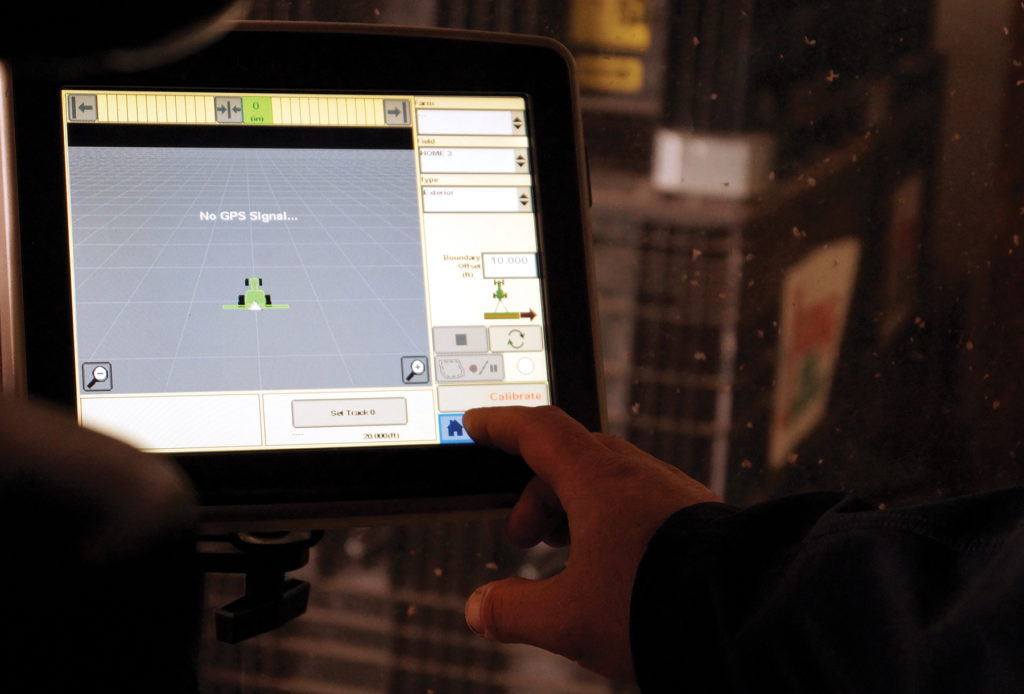
Charlie serves as Winnebago County Farm Bureau president.
“I have a lot of fun in the role of president,” Charlie said. “We have a young board that is great. It’s not the ‘old guys club.’ It’s neat to see the new ideas that flow in with a young board.”
Recently, the Winnebago County Farm Bureau handed out chocolate milk after a marathon.
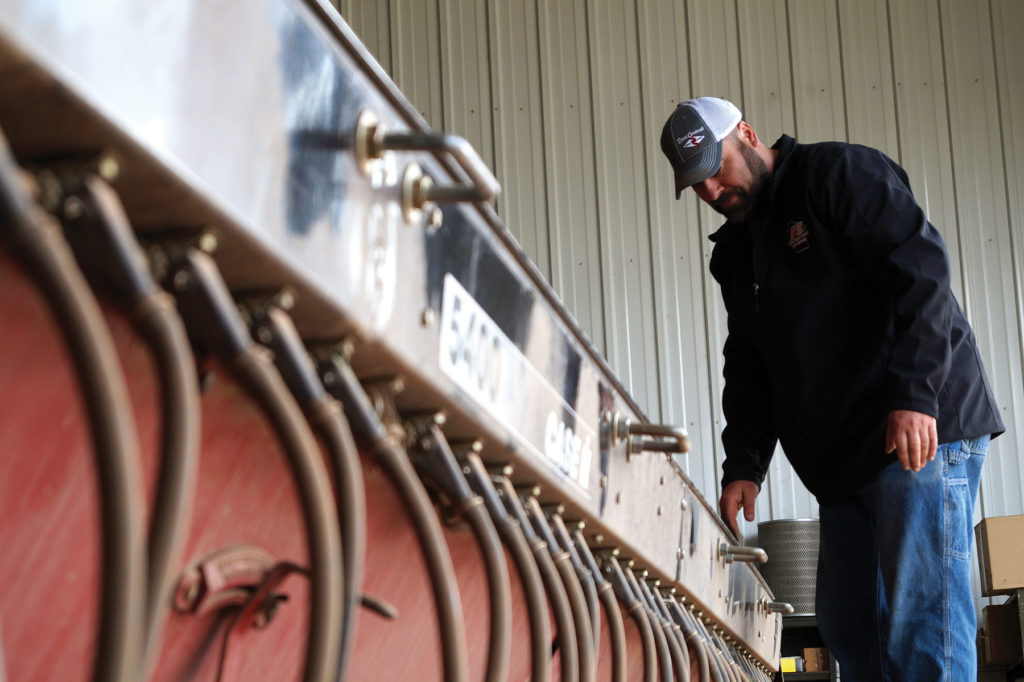
“We don’t always get to interact with groups like that,” explained Charlie. “We do well at talking to each other in agriculture, not as well outside of our circle. We are working on that as a local Farm Bureau.”
Charlie also served on the state Dairy Committee and Policy Development Committee.
“Serving on the Policy Development Committee was an amazing experience,” Charlie said. “It was great to have discussions and see the policy suggestions come in from the local level.”
Wisconsin Farm Bureau’s policy is established by farmers through a structured policy development process. Suggestions and policy ideas come directly from members who propose and vote on them at county Farm Bureau annual meetings in the fall.
While Charlie has been involved in many aspects of Farm Bureau, he credits the Wisconsin Farm Bureau Leadership Institute for being the best experience.
“Going through that training is the highlight of my Farm Bureau career,” Charlie stated.
Overall, Charlie sees his Farm Bureau involvement invaluable.
“I give Farm Bureau so much credit,” he said. “It’s a great social organization and they give you opportunities to travel, but they really spend the time needed to help their members grow. As a farmer, to know we aren’t fighting things alone … you can’t put a value on that.”
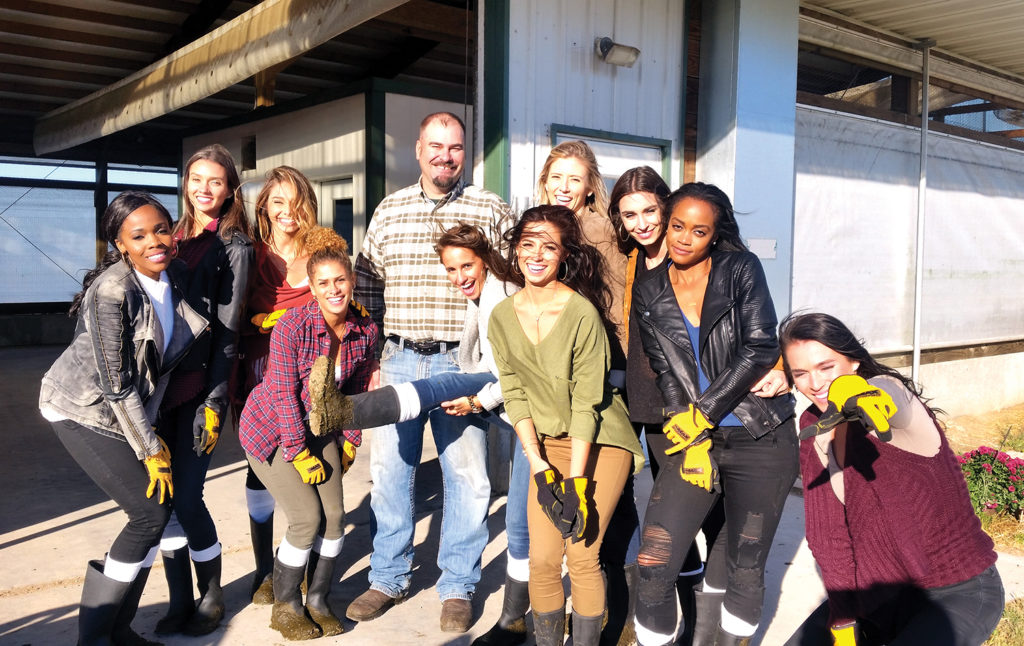
Story by Amy Eckelberg. Original version appeared in the June/July 2018 issue of Wisconsin Farm Bureau Federation’s Rural Route.

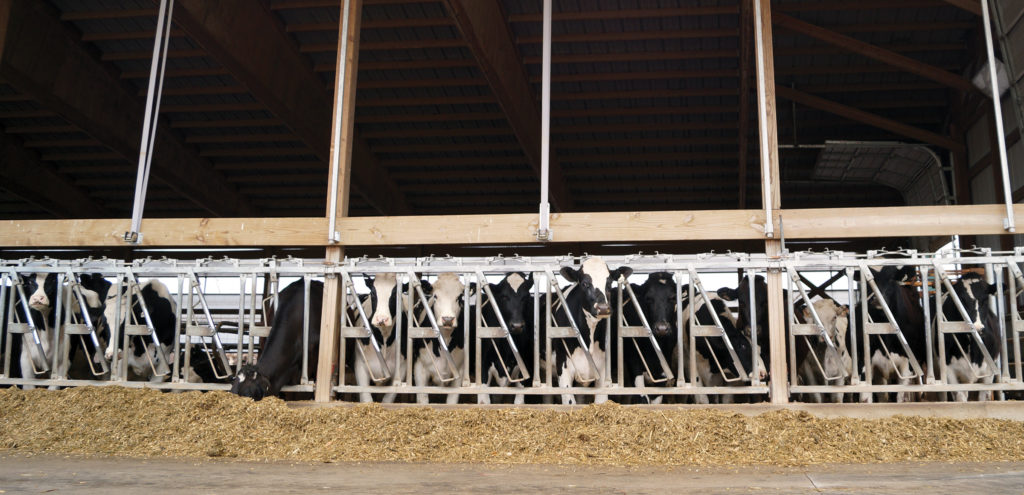

Leave a Reply